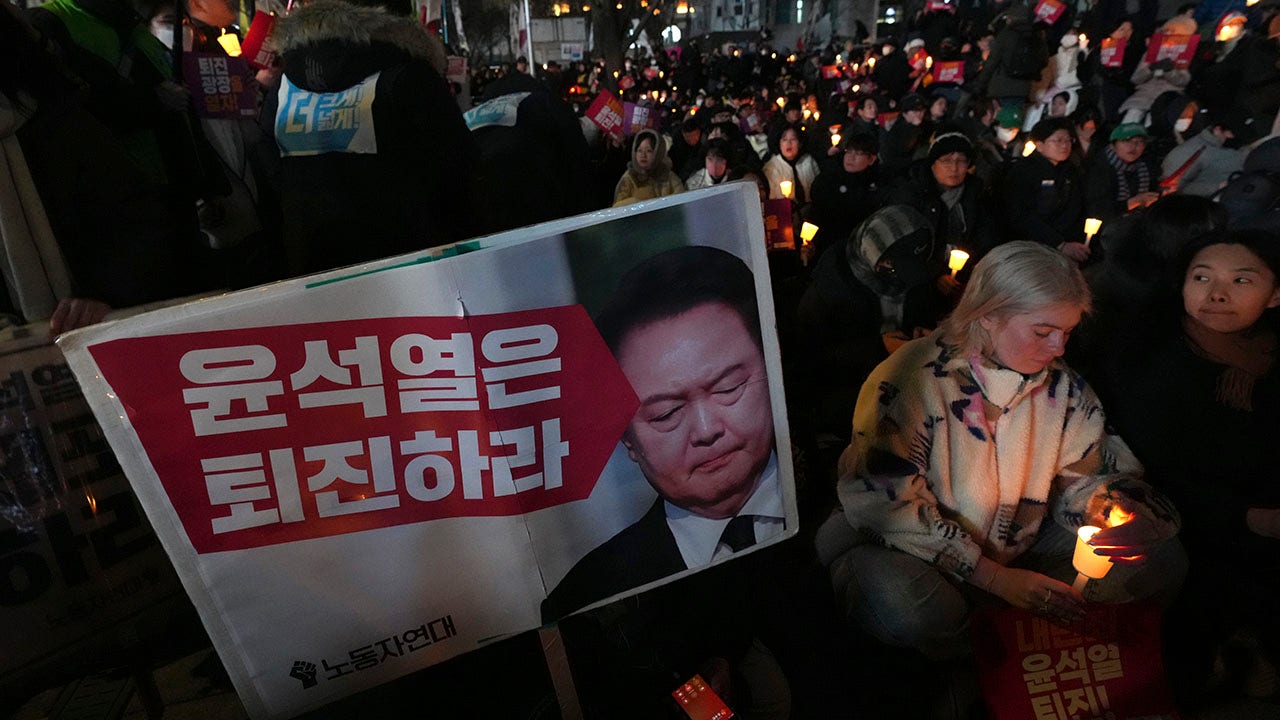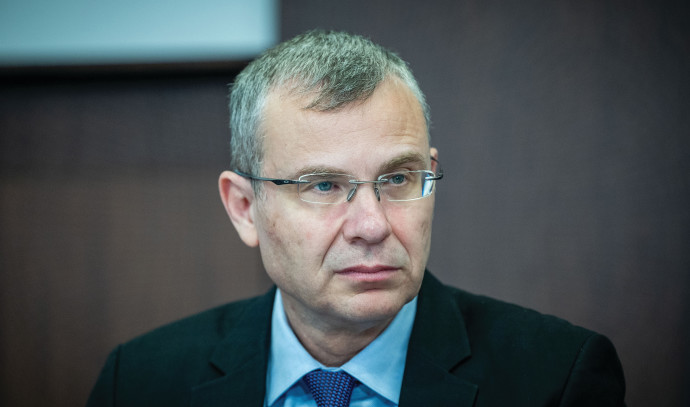Nearly 200 UN member states have agreed to provide billions more in climate aid to developing countries.
On Saturday, Canada and its wealthier allies pledged $300 billion annually by 2035, through public and private financing. Though the deal falls short, according to supporters of the climate crusade.
Many at the Azerbaijan summit argued that ‘climate change’ has reached a tipping point.
— Rebel News (@RebelNewsOnline) July 29, 2023“We needed to leave Baku with an agreement to keep the multilateral system alive,” said Juan Carlos Monterrey-Gomez, Panama’s special representative for climate change. “We kept the system alive. But I think 1.5 is dead.”
Chandni Raina, India’s representative, also claimed that funding was “too little, too distant.”
Among the advocates for additional aid, the World Economic Forum (WEF) says lower-income countries like Barbados are susceptible to “more intense” hurricanes, rising sea levels, and coastal erosion. WEF 2024 participants advocated for trillions more in funding.
The agreement pushes lofty aims of more than quadrupling annual funding to $1.3 trillion, with private industry footing most of the bill, though details were scarce.
The United Nations Trade and Development specifically asked for $1.46 trillion annually by 2030, on par with military spending.
— Rebel News (@RebelNewsOnline) January 15, 2023According to the National Post, wealthier states have yet to capitulate to those demands, but “their record, including that of Canada, shows a near inability to say no.”
The Trudeau government has already offered billions in climate aid, pledging $5.3 billion in 2021 over five years. “As if we don’t spend enough on a multitude of boutique aid projects already,” reads a Post column.
Since 2016, Canada has doled out $144 million to the UN and other international organizations to combat ‘climate change.’ That excludes handouts made this year.
In 2024, Canada gave the UN Green Climate Fund $234 million, which helps the “least developed countries” become climate resilient, including agriculture projects in Somalia and EV infrastructure in Latin America.
The Least Developed Countries Fund, a similar UN project, received $38 million from Canada in 2022. It helps the 47 least developed countries combat ‘climate change’.
Pierre Poilievre tells Drea Humphrey that none of his staff will be involved "whatsoever" with the "high flying, high tax, high carbon hypocrites" of the WEF. https://t.co/cc7736ok1r pic.twitter.com/TfMJXY1dV5
— Rebel News (@RebelNewsOnline) January 22, 2024Earlier at the Azerbaijan climate summit, Environment Minister Steven Guilbeault said the global community faces a $2 trillion climate aid shortfall.
“On climate finance, the world must pay up, or humanity will pay the price,” UN Secretary General Antonio Guterres said November 12.
Among them includes the Bridgetown Initiative, which provides capital while suspending interest payments. This aims to mitigate a global debt crisis after successive natural disasters.
“Building a fair, equal, and peaceful future, with clean air and clean water for everyone, is at the heart of the United Nations Sustainable Development Goals and reflects the vision of the Global Citizen NOW summit,” Prime Minister Justin Trudeau said at the UN headquarters on April 26, 2023.
Conservative MP Michelle Rempel Garner calls out Chrystia Freeland for taking advice from WEF elitist Mark Carney and asks if the Liberals will be helping him get rich through billions in subsidies.
Freeland fires back by accusing Conservatives of getting advice on foreign… pic.twitter.com/419TJTN0jP
Since then, the UN has claimed progress on “multiple fronts” for climate aid, including an agreement to establish a loss and damage fund during COP27, with the terms agreed upon at COP28. Talks remain ongoing for securing hundreds of billions more in climate financing.
“Instead of ‘thank you,’ we’re being told that an order of magnitude more in cash is going to be needed soon,” reads the Post column.
“Canada has already dumped money by the truckful into the developing world. At some point, we need to call it enough,” it said.

Alex Dhaliwal
Calgary Based Journalist
Alex Dhaliwal is a Political Science graduate from the University of Calgary. He has actively written on relevant Canadian issues with several prominent interviews under his belt.

 By Rebel News | Created at 2024-11-26 01:36:32 | Updated at 2024-12-05 02:24:28
1 week ago
By Rebel News | Created at 2024-11-26 01:36:32 | Updated at 2024-12-05 02:24:28
1 week ago








